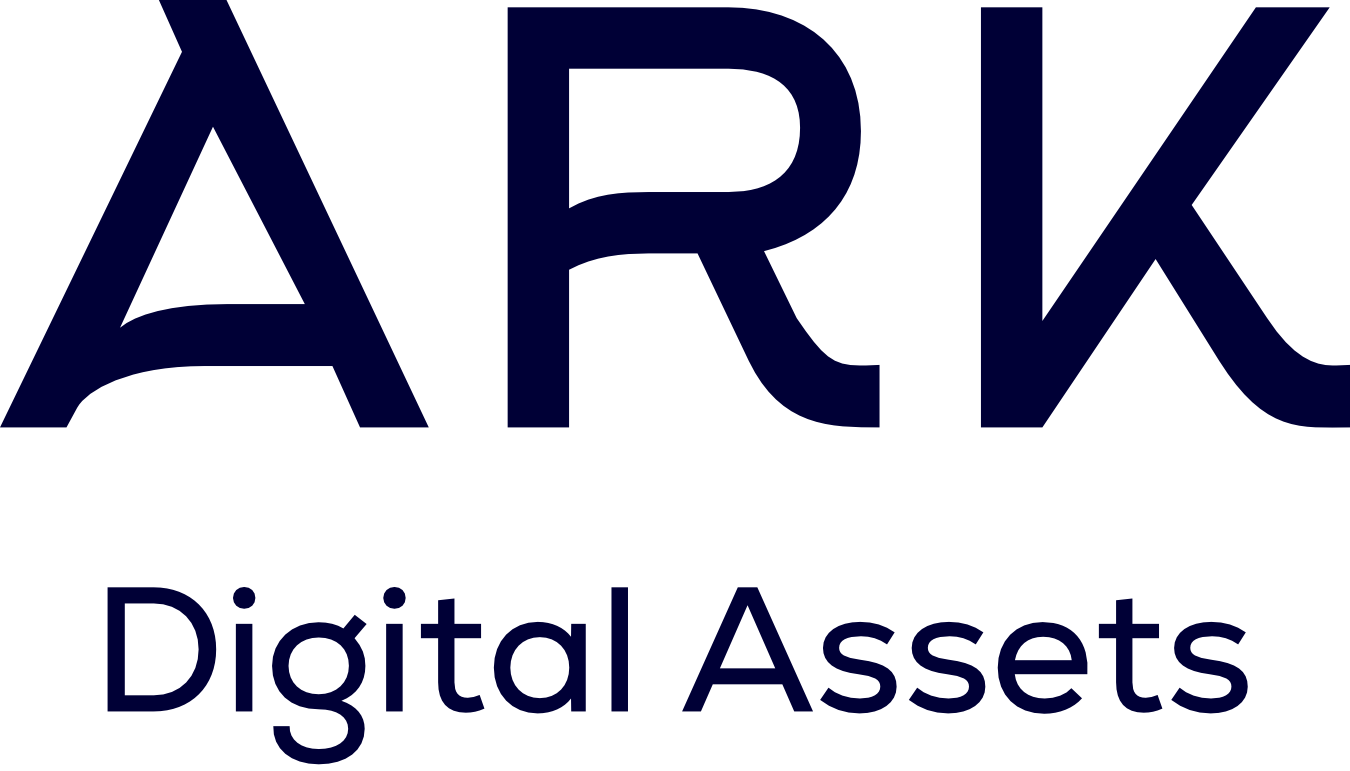DeFi, short for Decentralized Finance, is a revolutionary movement in the world of finance that has emerged in recent years. It represents a shift away from the traditional centralized financial institutions towards a more decentralized, open, and transparent system.
At its core, DeFi is a collection of decentralized applications (DApps) that use blockchain technology to create a range of financial products and services that are accessible to anyone with an internet connection. These DApps are built on top of public blockchains like Ethereum and use smart contracts to automate complex financial transactions.
The key characteristic of DeFi is that it operates without the need for intermediaries such as banks, brokers, or other financial institutions. Instead, transactions are executed directly between users. This is facilitated by the use of smart contracts that automatically execute the terms of the agreement without the need of a third party to oversee or uphold the process.
One of the main advantages of DeFi is that it enables financial services to be provided to people who would otherwise be excluded from traditional financial systems. For example, many people in developing countries do not have access to banks, credit cards, or other financial services. DeFi can provide these communities with access to loans, savings accounts, and insurance, helping them to build wealth and improve their quality of life.
Another key advantage of DeFi is its transparency. All transactions on the blockchain are recorded and can be viewed by anyone. This makes it difficult for bad actors to carry out fraudulent activities, as all transactions are visible and can be traced back to their source.
Some of the most popular DeFi applications include decentralized exchanges (DEXs), which allow users to trade cryptocurrencies without the need for a centralized exchange; lending platforms, which enable users to lend and borrow cryptocurrencies without the need for a bank; and stablecoins, which are cryptocurrencies that are designed to maintain a stable value and can be used as a medium of exchange.
However, it's important to note that DeFi is still a relatively new technology and as such there are certain risks involved. For example, smart contracts can contain bugs or be vulnerable to hacking, which could result in the loss of users funds. In addition, the lack of regulation in the DeFi space means that users may not have the same level of protection that they would have with traditional financial institutions. For this reason, it always makes sense to take professional advice before engaging in DeFi.
In conclusion, DeFi represents a major shift in the way that financial services are provided. It offers the potential to create a more inclusive, transparent, and accessible financial system that can benefit people from all over the world. However, as with any new technology, it's important to approach DeFi with caution and make sure you have done proper research to ensure you understand the risks before you invest any of your money.

